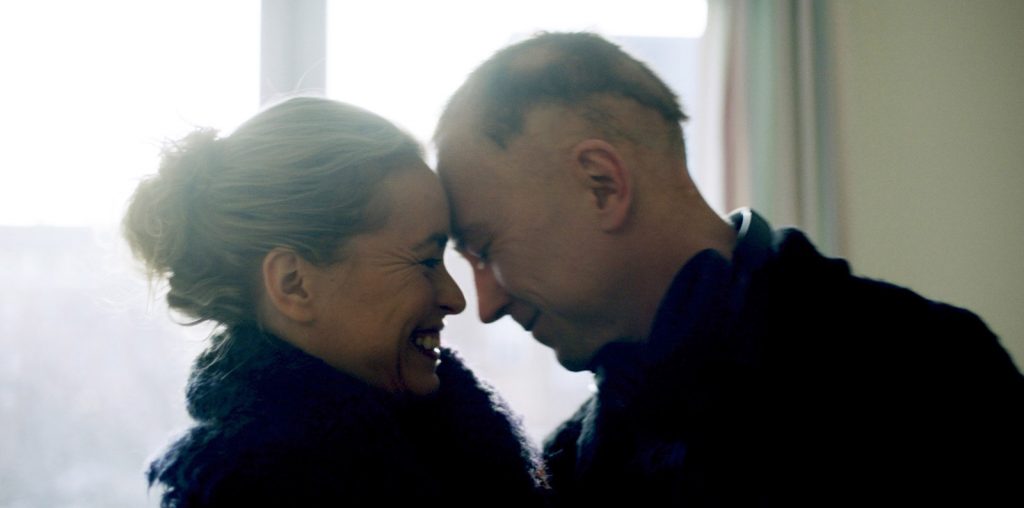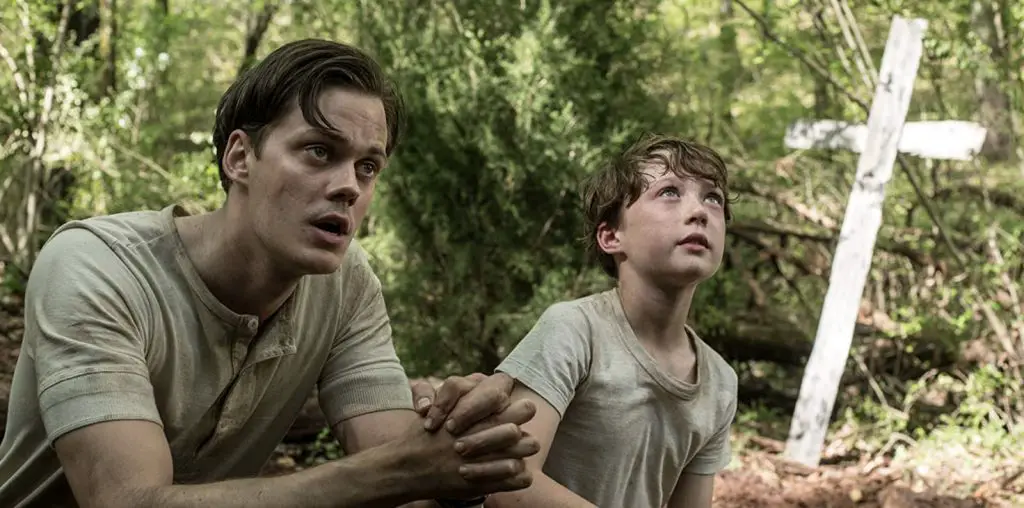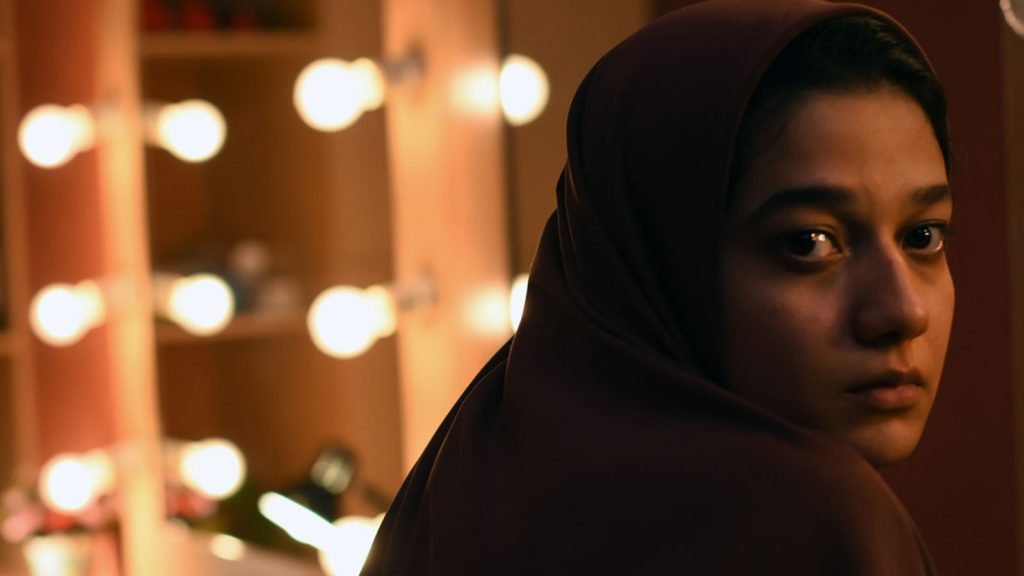
Knowing the exact moment of your death can be as debilitating or invigorating as you choose to make it. In You Will Die at Twenty, Muzamil (Mustafa Shehata) falls more into the former category, though not of his own choice. He’s born into an ultra-conservative, traditional Muslim village, which takes Muzamil’s death knell from the local holy man as gospel. The film opens with this scene and made me think it was a comedy, based on the abrupt record-scratch of the “20,” when mom and dad were blowing on the dice for a modest 78.
As Muzamil grows up, he inhabits his village as the local source of pity—a make-a-wish kid from birth. His mother treats him as a lost cause, not even bothering to have him educated at first. Muzamil’s father hit the road not long after the news broke, opting for dishonor over the misery of watching his son’s 20-year walk down death row. Eventually, his mother is talked into having him educated, which, in their village, means reading the Quran over and over again.
By the time he reaches 19, Muzamil has memorized the entire Quran and accepted his fate. But then he meets the cool, older dude who lives in the grungy corner of every village, town, and suburb. You can find his corner by following the smell of cigarettes and TV dinner enchiladas. This guy introduces Muzamil to movies, Marilyn Monroe, and various heterodox perspectives. With only a year left to live, Muzamil gets his first peek into the bigger world.
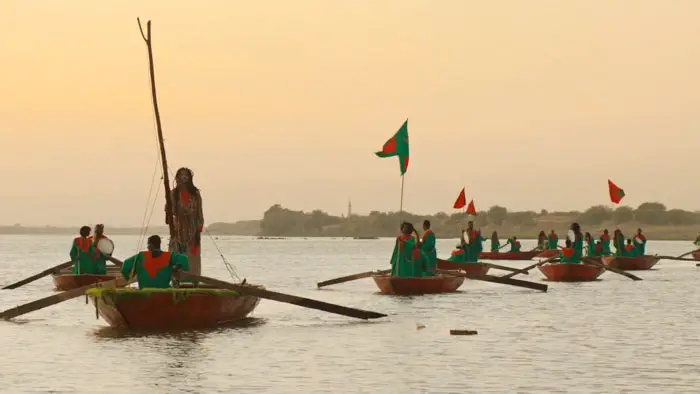
“With only a year left to live, Muzamil gets his first peek into a bigger world.”
You Will Die at Twenty is a stoic drama about how you choose to live your only life and how much of that life is lived on your behalf. To some degree, it’s a traditional coming-of-age story, familiar to any grade-schooler with a library card. A young person with limited life experience falls under the tutelage of an older person who teaches them everything mom and church conveniently scrubbed from the curriculum. Where this movie pulls away from the tried-and-true and says something unique is with the time bomb of the prophecy. The encroaching deadline amplifies every moment of Muzamil’s self-discovery, giving each crack in his acceptance of his prescribed future a more resounding impact.
While it has little impact on Muzamil’s story, it’s worth mentioning that the film uses its location to great effect. I don’t know where it is—somewhere in Africa, I think—but its stark, stab-you-while-sleep beauty resembles a spaghetti western. It even opens with a bird of prey resting casually on a rotting carcass. Or maybe that has more to do with Muzamil’s circumstances than I’m giving it credit for.
“It’s not that I’m afraid to die,” wrote Woody Allen. “I just don’t want to be there when it happens.” It’s one thing to be there, and it’s another to receive a formal invitation. How Muzamil carries around this invitation—like a bowling ball around his neck—is the brunt of You Will Die at Twenty. While it could have easily been a dark comedy, and almost is, instead, it’s perfectly sincere. I could never use the word “inspiring” with a straight face, but if I was to do just that—and I wouldn’t under any circumstances—I may have done so right about now or, perhaps, earlier in this sentence.
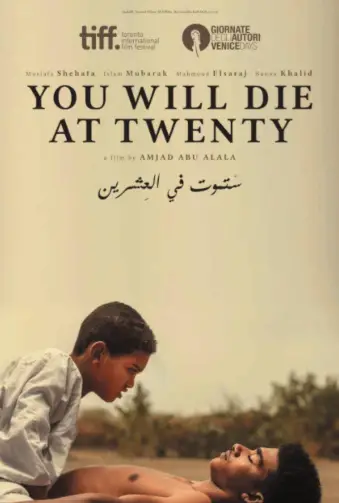
"…its stark, stab-you-while-sleep beauty resembles a spaghetti western."
